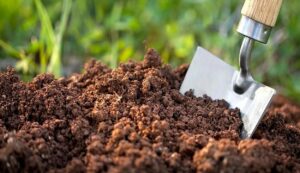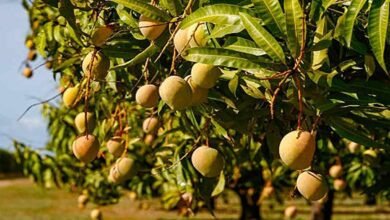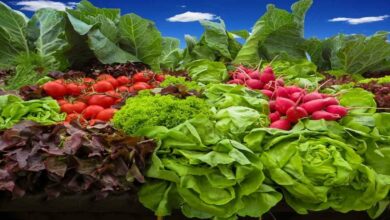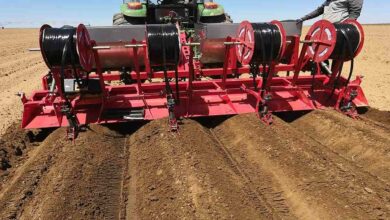Intelligent Soil that Gathers Rainwater from the Sky and Refuels on Itself
Intelligent Soil: A novel soil substance created by researchers at The University of Texas at Austin has the potential to completely transform sustainable agriculture. With the help of a hydrogel, this newly designed soil has the extraordinary capacity to absorb water from the atmosphere, keeping plants hydrated even under harsh circumstances. It also controls the discharge of fertilizer, ensuring a steady supply of nutrients that has been shown to encourage the development of bigger and healthier plants than those produced in ordinary soil.

This hydrogel-infused soil had amazing outcomes in experiments. Compared to plants grown in regular soil, plants cultivated in this soil had a 138% longer stem. Additionally, the altered soil was able to save around 40% of the water, which allowed for a major decrease in the frequency of irrigation while still promoting strong crop growth.
The creation of this smart soil is essential since, at the moment, agriculture utilizes 70% of the freshwater in the world, and in certain developing countries, that percentage may approach 95%. The need for more sustainable and effective agricultural methods has increased due to both the consequences of climate change and the growing global population. Due to water constraint and environmental deterioration, traditional agricultural methods—particularly fertilization and irrigation—are becoming less and less practical.
Through the implementation of creative initiatives, the state government is adopting a proactive approach to safeguarding the interests of farmers and ensuring food security.
The Walker Department of Mechanical Engineering graduate student Jungjoon Park, who leads the study team, believes that this innovative technology will revolutionize the field. The hydrogel lessens the need for regular watering as well as the negative environmental effects of excessive fertilizing, which may cause soil deterioration and nutrient runoff. Because of its adaptability, the hydrogel may be used in a variety of settings, including desert and more temperate ones.
The work represents a major advancement in sustainable agriculture and was reported in ACS Materials Letters. The group intends to carry out lengthier field experiments and concentrate on combining several fertilizer kinds in order to further enhance the technique.
This creative strategy fits with main researcher Yu’s long-term goals as a materials science professor: to increase agricultural productivity and expand access to clean water globally in response to the mounting problems caused by water shortages and climate change.





